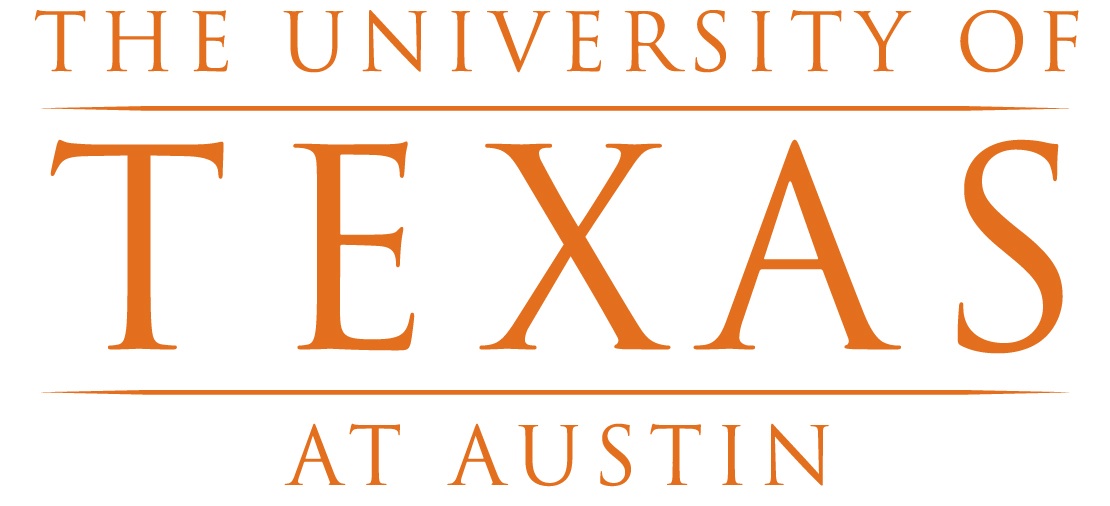The Broken Compass: Parental Involvement with Children's Education
(Keith Robinson & Angel L. Harris, Harvard University Press)
|
|
|
|
The Broken Compass
|
|
About "The Broken Compass"
Encouraging parents to become more involved in their children’s academic lives has been at the center of school reform efforts to enhance the achievement of America’s school children for the past 30 years. The belief that parental involvement is critical to children's academic success is deeply ingrained into the American educational system psyche and has been steadfast for several decades among policy officials, members of Congress, and school personnel. Numerous websites make strong calls for parents to become more involved at both home and school, yet many of these calls are unattached to empirical evidence that shows the academic benefits for children associated with greater parental involvement.
The Broken Compass represents our attempt at providing parents, teachers, policy makers, and the social scientific community with an extensive examination of the association between parental involvement and academic outcomes (reading, math, and grades). The study was designed to address several important questions. Do social class and racial disparities exist in parental involvement at home? Do parents differ by social class and race in the forms of involvement that brings them into contact with schools? What forms of involvement lead to increases in achievement for each major racial group within the United States? What proportion of the achievement gap (both class- and race-based) can parental involvement explain? Do class and racial differences exist in how parents respond to their child’s poor academic achievement?
The copious analyses we conducted test the limits of the link between parental involvement and academic achievement. We employ rich panel data that span three decades and include nearly every conventional form of parental involvement that has been used in previous studies—over 60 across four datasets—and examine their implications for achievement by social class and across six racial groups. In general, our results indicate substantial heterogeneity across families in what activities benefit children academically. Furthermore, there are forms of involvement that are actually associated with declines in achievement.
Menu
Abridged Web CV
"The Broken Compass" in the Media
National Media Coverage |
International Media |
|
Television / Radio Coverage
|
Commentaries
|
In our view, there are two pressing issues the educational community must address: (1) to find out which involvement activities work best for each racial/ethnic and economic group, and (2) to understanding why particular activities work for certain groups. Certainly at this point no one can hand parents the right package of activities that will work best for their child. Nonetheless, this is the direction in which the educational community needs to be heading and we hope that this book will be central in shaping this important topic.
Order "The Broken Compass" at:


